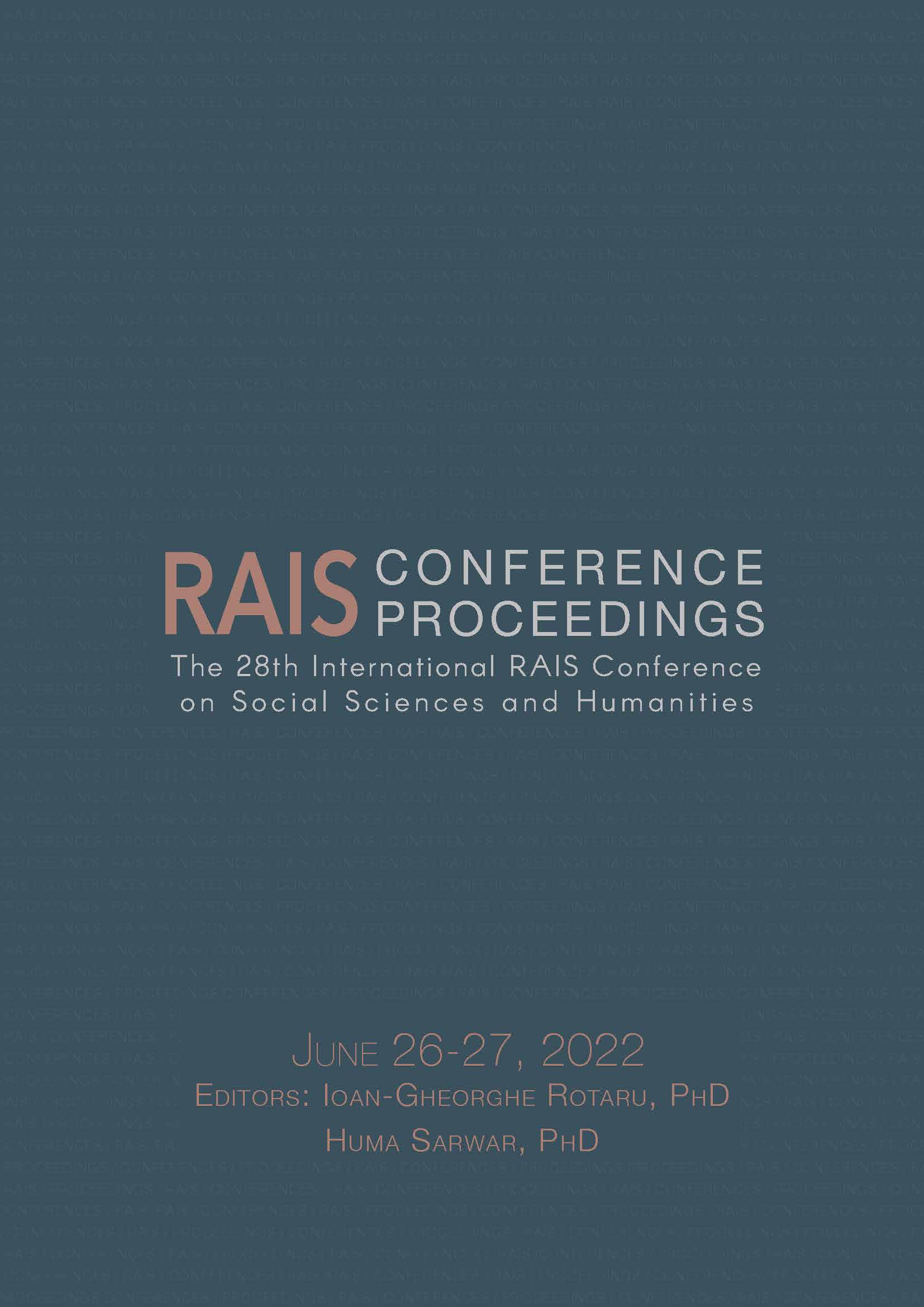Liability of Investigators and Collaborators for Acts Committed in the Performance of their Duties in Criminal Investigations
Liability of Investigators and Collaborators for Acts Committed in the Performance of their Duties in Criminal Investigations
Author(s): Nadia Zlate
Subject(s): Crowd Psychology: Mass phenomena and political interactions, Criminology
Published by: Scientia Moralitas Research Institute
Keywords: undercover investigators and collaborators; criminal liability of undercover
Summary/Abstract: The special investigative means of using undercover investigators and collaborators has proven to be particularly useful in proving certain crimes, such as corruption offences, where the subjects involved have a high degree of intelligence and commit the crimes in a rather cautious manner so as to avoid the risk of detection. If the conduct of the undercover investigator’s or collaborator’s activity involves participation in certain activities within the meaning of Article 150 of the Romanian Code of Criminal Procedure, the prosecutor shall order by the same order by which he orders the use of the undercover investigator or collaborator or by a separate order the participation in these activities. It may happen that the undercover investigator or collaborator, in the course of the activities carried out, is in a situation where he is forced by circumstances to commit an act provided for by criminal law other than those for which he has been authorised by the prosecutor, otherwise there is a risk that the entire operation will be exposed. In these situations, the Romanian Code of Criminal Procedure does not provide for the possibility of committing such offences without the risk of criminal liability of the undercover investigator or collaborator, if there is none of the justifying or non-imputability grounds regulated in the Criminal Code, such as legitimate defence or state of necessity. There is a unanimous opinion in the Romanian literature that undercover investigators and collaborators must be held criminally liable as instigators of crimes committed by the persons under investigation and who were provoked to commit the acts in order to obtain evidence against them. In carrying out their duties, undercover investigators and collaborators may cause certain pecuniary or non-pecuniary damage to persons, whether they are connected to the criminal environment or are third parties. For example, an undercover investigator who is infiltrated into an organised criminal group must behave in a similar way to persons in that group in order to gain credibility with them and commit certain criminal offences, such as car theft. Or he accidentally causes certain damage to third parties at the criminal investigation in the course of his work. In such cases, the obligation to repair the damage caused to the injured party under the rules of tort law arises.
Book: Proceedings of the 28th International RAIS Conference on Social Sciences and Humanities
- Page Range: 61-65
- Page Count: 5
- Publication Year: 2022
- Language: English
- Content File-PDF

